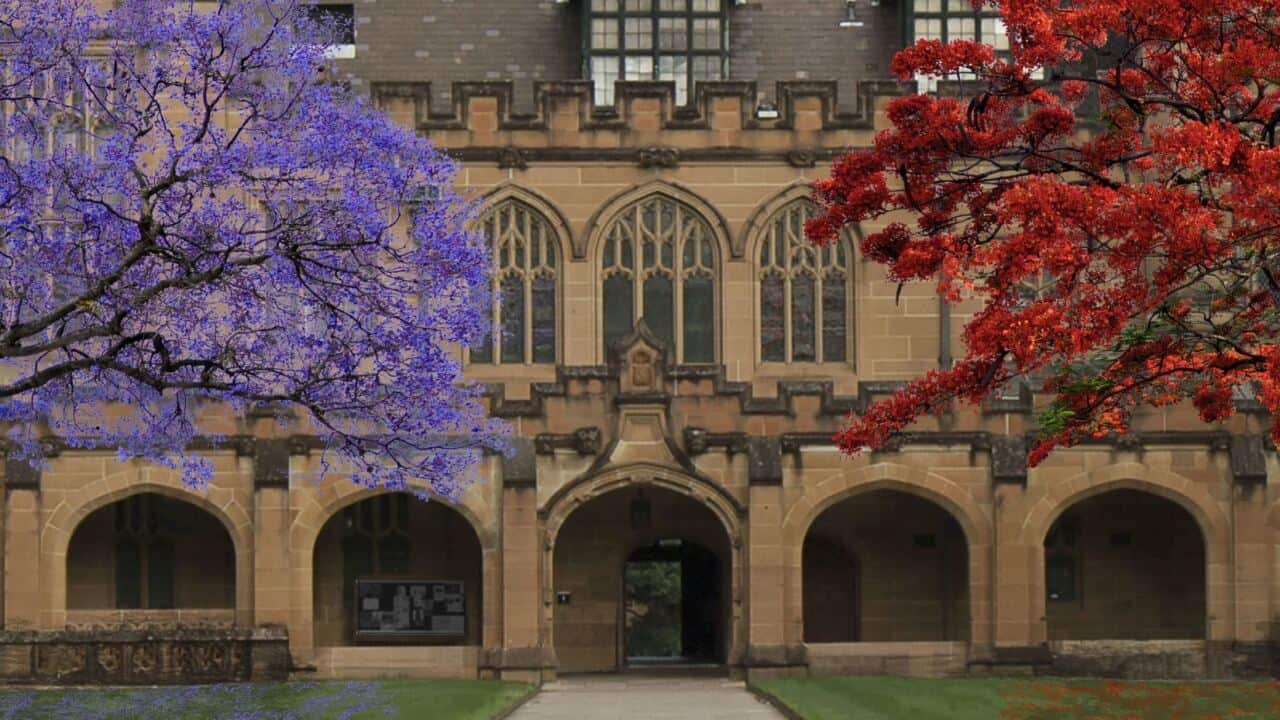University of Sydney SRC president, Imogen Grant, says her university’s new online sexual assault reporting portal has “egregious flaws” that will discourage survivors from reporting their experiences.
Prior to the portal’s launch, the SRC sent University of Sydney management a five-page feedback document that included the following concerns:
- The portal times out after 10 minutes, and there is no option to save a draft submission.
- Survivor’s stories are limited to 500 words.
- Only current students and staff can lodge reports (Other university portals allow caseworkers, parents, friends and student reps to lodge on behalf of a traumatised survivor. SRC alleges “End Rape on Campus has supported an individual who was allegedly gang raped by USyd students, but who is herself not a USyd student. Under this proposed system, this survivor would not have been able to make a complaint or report.”)
- There are no clear safeguards around which staff can access the portal’s sensitive data.
- Edits cannot be made to a submission, and a submission cannot be withdrawn.
- The portal does not state what online or on-campus survivor support services exist.
While the SRC pushed for the University to delay the release of the portal and consult with experts in its development, it claims the portal was: “thrown together in less than a month in order to be released in time for the anniversary of the Australian Human Rights Commission’s Change the Course: National Survey on Sexual Assault and Sexual Harassment at Australian Universities.”
In a statement to The Feed, a University of Sydney spokesperson acknowledged “there is more we need to do”. The spokesperson went on to say:
“We have received feedback from students that the online portal for reporting sexual assault has some technical issues.
This feedback is incredibly valuable to us and we have already taken steps to amend some issues, including the removal of a time limit, and we will look to update the portal as soon as possible to allow anyone to make a disclosure.”
To coincide with the anniversary of the Change the Course survey, Universities Australia, the peak body representing Australian universities, announced that “800 major actions and initiatives have been instigated by Australian universities over the past year to contribute to a society-wide push against sexual violence.”
But the president of the Council of Australian Postgraduate Associations, Natasha Abrahams, is not impressed. She says, “We need to see university counselling services with enough staff that students don’t have to wait for months to be seen – instead, we are seeing some universities pour money into flashy but ineffective resources such as off-the-shelf consent modules and mobile apps with links to under-funded services.”
AN INITIATIVE TO SAVE WOMEN FROM ASSAULT IN BARS
Through award winning storytelling, The Feed continues to break new ground with its compelling mix of current affairs, comedy, profiles and investigations. See Different. Know Better. Laugh Harder. Read more about The Feed
Have a story or comment? Contact Us


